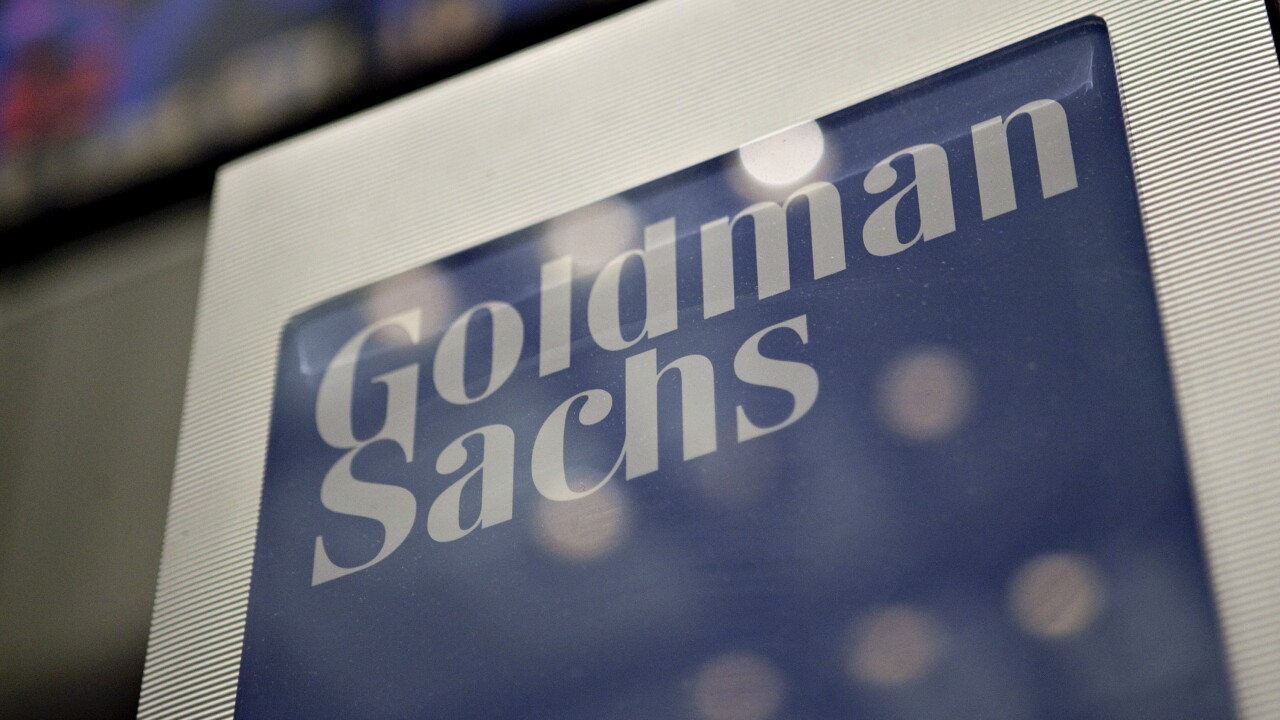The Boston company is in talks to buy the asset management unit of
At the end of the second quarter, State Street had $1.8 trillion of assets under management, and just 5% of that total was actively managed.
It has been an active acquirer abroad. In December, it announced a deal to buy
That same month State Street bought the securities services business of Italy's largest retail bank,
If State Street is able to strike a deal with Bank of Ireland to buy its Bank of Ireland Asset Management unit, the acquirer would gain a platform for a business that is not only more lucrative than passive management, but that appears to have greater growth potential as well, said Michael Kon, a senior analyst with
"State Street is already one of the biggest passive asset managers in the world," he said. "And the growth opportunities in passive management are not that attractive."
Bank of Ireland Asset Management reported pretax profit of $22 million for the first half of this year, and asset management revenue of $58 million.
State Street Global Advisors is known as the second-largest provider of exchange-traded funds. ETFs are mostly passive, index-based investments.
In an interview from early August, Scott Powers, head of State Street Global Advisors, said the asset manager was eyeing targets in the active management business. State Street is not a stranger to Bank of Ireland: Since 2001, it has provided passive investment management for Bank of Ireland Investment Management.
As a passive investment manager buying into active management, State Street's deal would be a mirror image of
Bank of Ireland's apparent willingness to shop its $32 billion-asset BIAM unit fits a pattern of banks parting with their investment businesses in an effort to strengthen their financial positions, said Burton Greenwald of BJ Greenwald & Associates in Philadelphia.
"It is indicative of what's going on in banks that have serious financial issues and have to build capital," he said, noting that Bank of Ireland is in poor shape. "The first thing they can sell is their asset management business."
In the fall of 2009, for example,
Early this year,
The M&A activity has not been limited to banks; in January 2010,
One factor driving these deals is attractive pricing, Greenwald said. Investment businesses' assets under management remain lower than they were at the end of 2007, and prices of such businesses are typically derived from their asset levels.
The prices in recent deals for large asset managers have averaged 1% of the assets under management purchased, according to





